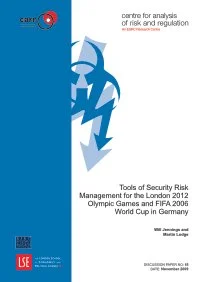By RAJIV RANJAN
A comprehensive foray into criminology of investment fraud in Canada is an elusive evaluation given the efficacy of the disparate current system to combat it. Surely, no authoritative source provides a measure of the size of the problem or its scope. This warrants an all-rounded initiative within the securities industry, and between the industry, government regulators, and policy thinkers to develop a robust what can be termed as problem-oriented policing (POP) to address tactical, strategic and ideological aspects of security fraud to protect investor rights, structure efficient and effective compliance management of the dynamic of ‘unclean’ and illicit money catalyzed through commingling with licit capital market, advancing cause of crime and terrorism. POP identifies pattern within a typology of securities fraud through analysis; developing a response; implementing the response; and monitoring and evaluating the program.
Part I walks through the conceptual dimensions of fraud under Criminal Code and Securities Act fraud provisions, types and the extant structures to combat them, besides introducing notions and principles of POP as improvising the manner to combat this. Part-II discusses the scope of problem, the almost-symbiotic equation between organized crimes and securities fraud with malignant consequences for investor protection and money-laundering crimes. Part-III takes a resume of categories of enforcement cases chronicled in the 2014 Enforcement Report of Canadian Securities Administrators (CSA) as a barometer as to what ails the securities market in Canada having monstrous impact economically, socially, and politically. Part-IV underscores criticality of enforcement to shape up a robust securities regulatory framework. In conclusion, I have flagged recommendations stating that POP is a must to have a coordinated approach to this problem of securities fraud with probably, an optimal national fraud enforcement agency workable through a dynamic data-base based on psychometric analysis of demographic, psychological and behavioral attributes of investors with lateral inputs from other programs like FINTRAC system, investors’ tools, deterrence, whistleblower program, multi-agency co-operation and international enforcement co-operation.
August 19, 2015, 28 pages





